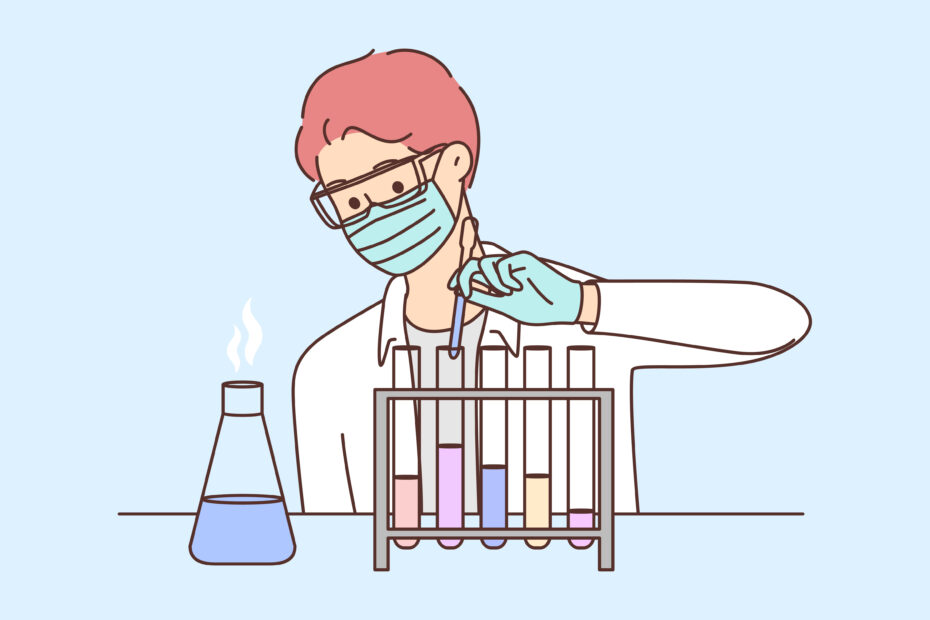The success of a pharma project heavily relies on how well the team behind it is able to streamline its processes and maximize efficiency. One way in which they can do this is by implementing Lean principles — an agile methodology that puts greater emphasis on maximizing customer value while reducing waste across all aspects of the project lifecycle. In this blog post, Hugues Joublin discusses how pharmaceutical companies can benefit from applying Lean principles to increase productivity, reduce expenses, and deliver successful projects with exceptional results.
Hugues Joublin On How Lean Principles Can Improve Pharma Project Delivery
1. Streamline Processes: According to Hugues Joublin, lean principles focus on the elimination of waste through streamlining processes, meaning activities that don’t add value for the customer are eliminated or reduced. This is done by identifying and removing non-value-added activities from customers’ perspectives and aligning process steps to reduce cycle time and cost. Additionally, reducing batch sizes increases visibility into information flow and enables real-time data analysis to inform decisions.
2. Standardize Work: Establishing standardized work ensures consistency in quality while promoting benchmarkable improvement initiatives across different teams, departments, and sites within the pharmaceutical organization. Defined standards provide a solid starting point that can be revisited as needed over time to measure progress against metrics such as cycle times, throughput, quality, and cost.
3. Improve Organizational Culture: Lean principles place a focus on customer needs and help to develop an organizational culture that is focused on continuous improvement. This can result in enhanced team morale, improved problem-solving ability, increased innovation, and increased collaboration between departments, which all serve to improve project delivery outcomes across the board.
4. Increase Visibility & Transparency: The adoption of Lean principles leads to improved visibility into process flows and data integration which allows for better decision-making capabilities throughout the entire pharmaceutical organization. Enhanced visibility also serves to increase transparency with customers so they know exactly what progress has been made towards their desired outcome and when it should be expected to complete.
5. Reduce Costs & Recycle Resources: Lean principles are designed to be cost-effective and focus on the optimization of resources, says Hugues Joublin. This includes analyzing and improving resource utilization, optimizing inventory levels, and reducing waste. By eliminating non-value-added activities at every step in the process, organizations can save time and money while also leveraging existing resources for maximum value.
6. Improve Quality & Compliance: Implementing Lean principles helps organizations to ensure quality goals are met and that compliance requirements are maintained. Standardized work processes reduce variation in production, which decreases quality issues while providing opportunities for continual improvement. Improved visibility into data allows teams to identify potential deviations from standards quickly so they can be addressed before they become more serious problems that could lead to noncompliance with regulatory standards.
Hugues Joublin’s Concluding Thoughts
In today’s rapidly changing environment, traditional approaches to pharma project delivery are no longer effective, says Hugues Joublin. Lean principles can help you streamline your processes and improve communication between teams. As a result, you’ll be able to achieve better outcomes for patients and save time and money.

